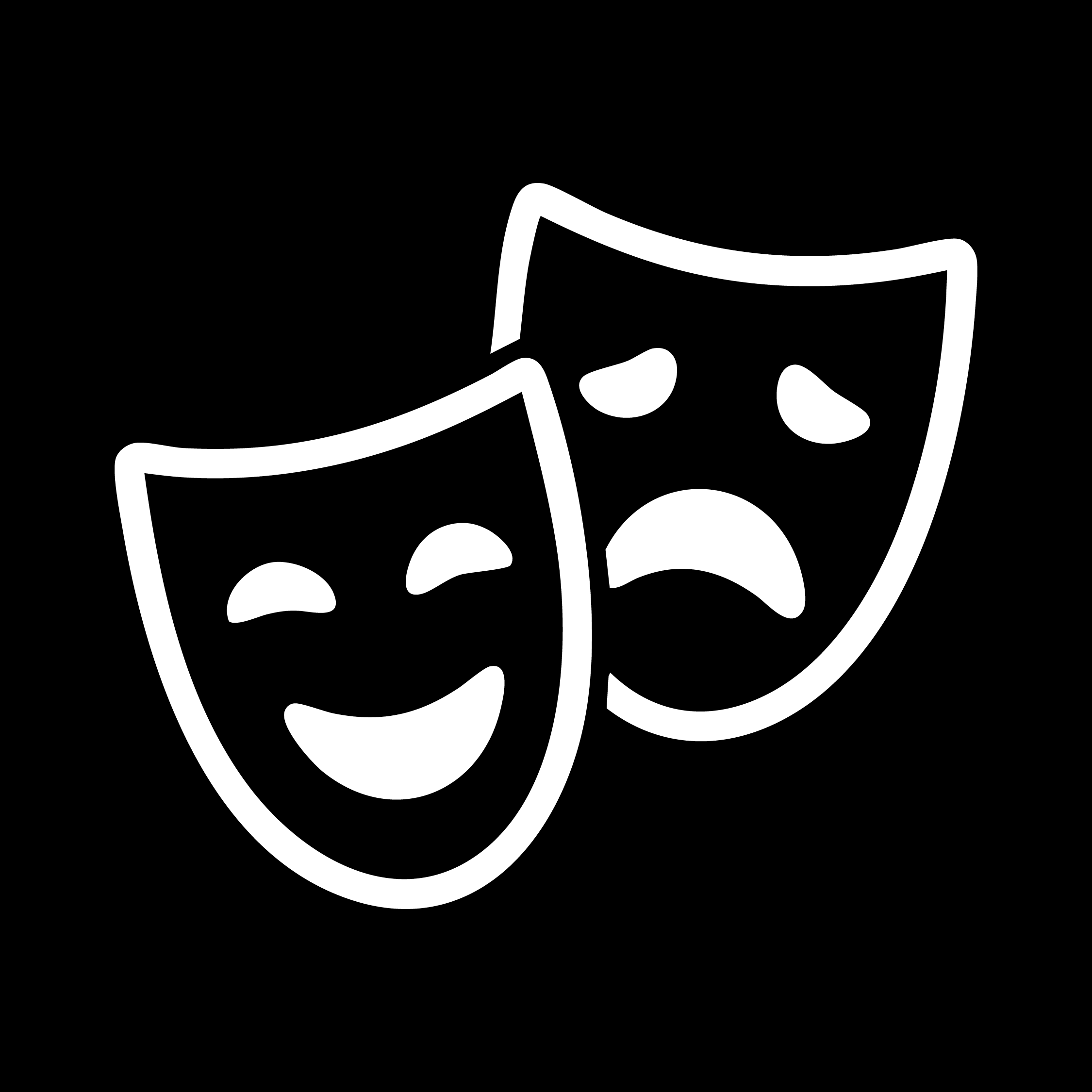
(isteğe bağlı)
- SESSION - 1
Greek Gods and Goddesses- Hesiod and the Birth of the Gods
- The Titans and the Olympians, Power Struggles
- The 12 Olympian Gods
- SESSION - 2
Homer and His Epics- Rhapsodes and Homeric Readings
- Who was Homer?
- Debates About Homer
- Humans in Homer
- The Intervention of Gods in Human Life in Homer
- Power and Rebellion in Homer
- The Concept of Hospitality (Xenia) in Homer
- Warriors in Homer
- Love and Emotions in Homer
- Death and Funeral Rites in Homer
- Fate in Homer
- The Characters of Achilles, Agamemnon, Hector, and Odysseus
- The Iliad
- The Odyssey
We embark on a journey into the fascinating world of Homer! In this two-hour meeting, we will explore Homer and his works in all their aspects, experiencing an unforgettable journey into the gods, heroes, and stories of Ancient Greece.
Program Opening:
Homer Recitation: A Reading from the Iliad in Ancient Greek
This special recitation, performed in hexameter (six-beat meter), will take us on a short two-minute journey into the captivating atmosphere of Ancient Greece.
- SESSION - 3
Ancient Greek Theater and Tragedies (Part 1)In our two-session meeting under this topic, we delve into Ancient Greek tragedies. We will begin with the cult of Dionysus, the God of Wine, which was central to the origins of theater. We will discuss the City Dionysia Festival, held in honor of the god, which also served as the foundation for tragedy. After discussing tragic poets, we will examine tragedies not by their titles but through their main characters. For instance, the character Orestes appears in nine tragedies. Instead of referring to them as "Orestes Tragedies," we will focus on the tragedies in which Orestes plays a role.
Greek colonies in Southern Italy are generally referred to as "Magna Graecia." One of the theatrical performances unique to this region is the Phlyax plays. These performances drew inspiration not only from mythology but also from Ancient Greek tragedies, and they were often depicted on vases by vase painters. Since Phlyax plays are related to tragedy, they will also be briefly discussed in this session.
- Dionysus and His Cult
- The City Dionysia Festivals
- The Birth and Development of Tragedy
- Aeschylus, Sophocles, and Euripides
- Phlyax Plays as Parodies of Tragedy
- SESSION - 4
Ancient Greek Theater and Tragedies (Part 2)- Orestes (9 Tragedies)
- The Oresteia Trilogy (Agamemnon, The Libation Bearers, The Eumenides) (Aeschylus)
- Orestes (Euripides)
- Iphigenia in Aulis (Euripides)
- Iphigenia in Tauris (Euripides)
- Electra (Sophocles)
- Electra (Euripides)
- Andromache (Euripides)
- Oedipus (5 Tragedies)
- Oedipus Rex (Sophocles)
- Oedipus at Colonus (Sophocles)
- Antigone (Sophocles)
- Seven Against Thebes (Aeschylus)
- The Suppliants (Euripides)
- Heracles (3 Tragedies)
- Heracles (Euripides)
- The Children of Heracles (Euripides)
- The Trachinian Women (Sophocles)
- The Trojans (3 Tragedies)
- The Trojan Women (Euripides)
- Hecuba (Euripides)
- Andromache (Euripides)
- Orestes (9 Tragedies)
- SESSION - 5
Mythological Heroes Outside of TragedyThe final session in our Ancient Greek Mythology meeting series is dedicated to mythological heroes who have not been featured in tragedies. The stories of these named heroes will be explored, along with visual art representations related to them.
- Perseus
- Sisyphus
- Icarus
- Orpheus
- Theseus
- Eros - Psyche
